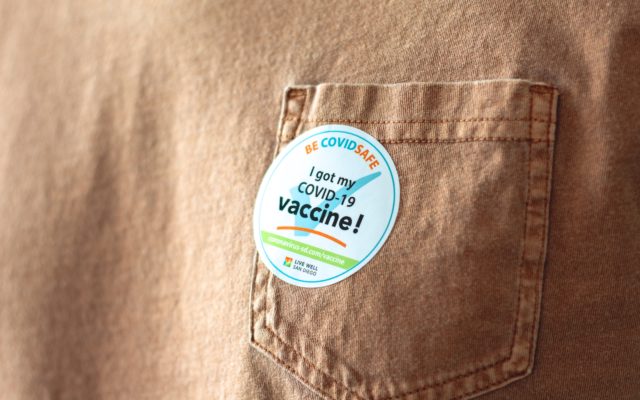
Now Scheduling Primary Care Appointments Online. Book Now.
Calhoun County Community Health Needs Assessment Survey NOW OPEN - Click here to take the survey!
What is rheumatology? Dr. Patel explains in our latest Q&A.
We recently sat down for a Q&A session with Dr. Patel, Oaklawn’s new rheumatologist, to discuss his specialty and how he impacts the lives of patients.
What does a rheumatologist do?
A rheumatologist specializes in the diagnosis and treatment of conditions that affect muscles, bones, joints, ligaments and also the tendons. These conditions usually cause pain, swelling, joint stiffness, and potentially joint deformities. Many are autoimmune, inflammatory conditions. We diagnose what type of muscular disease they have and treat those conditions using non-surgical matters. We are not surgeons; but rather, we usually treat systemic conditions in a non-surgical way.
What are some of the common conditions you treat?
We usually treat a group of diseases known as systemic autoimmune diseases. The other terms you might hear for these diseases are collagen vascular diseases or connective tissue diseases. These are the groups of diseases where a person’s immune system attacks a person’s own body and this ends up causing inflammation in the areas of the body where it is not needed, like the joints, causing problems such as pain, swelling, and it can also cause organ damage.
These diseases can affect any part of the body which can include:
- Eyes
- Skin
- Nerves
- Kidneys
- Lungs
- Heart
- Other Internal Organs
The most common condition that we treat is rheumatoid arthritis, but we see many other conditions like:
- Ankylosing spondylitis
- Juvenile idiopathic arthritis – usually starts in kids, so they are diagnosed by a pediatric rheumatologist and then when they’re adults we manage their care
- Systemic lupus – an autoimmune disease that’s more common in women
- Sjogren’s syndrome
- Scleroderma
- Vasculitis
- Psoriasis
- Gout
- Fibromyalgia
- Rheumatica – commonly seen after age 50
- Osteoporosis
- Osteoarthritis
So, in patients with multiple joint complaints, we can alert them and try to help them about making the right diagnosis while ruling out different inflammation conditions. We can also educate patients about the different types of arthritis, like the difference between inflammation and osteoarthritis.
Why do you enjoy your work as a rheumatologist?
Most of the conditions we treat are challenging, and most diseases that we treat are diagnosed clinically. One single test does not show the diagnosis, so it’s constantly challenging and evolving. Also, within a given diagnosis, each patient will have his/her own unique set of symptoms and an approach that might work for one patient, may not work for another. Because so many of the diagnoses rely on the clinical assessment, it is very rewarding to realize I have developed a skillset that allows me to help patients that sometimes, other doctors cannot help.
Are you currently accepting new patients at your Coldwater and Marshall office locations?
Yes, I’m accepting patients at both the Marshall and Coldwater locations. I’m currently in Coldwater two days a month, but I’m planning to increase that over time. Patients will need to get a referral from the primary care doctor or any other physician in order for us to to see them.

